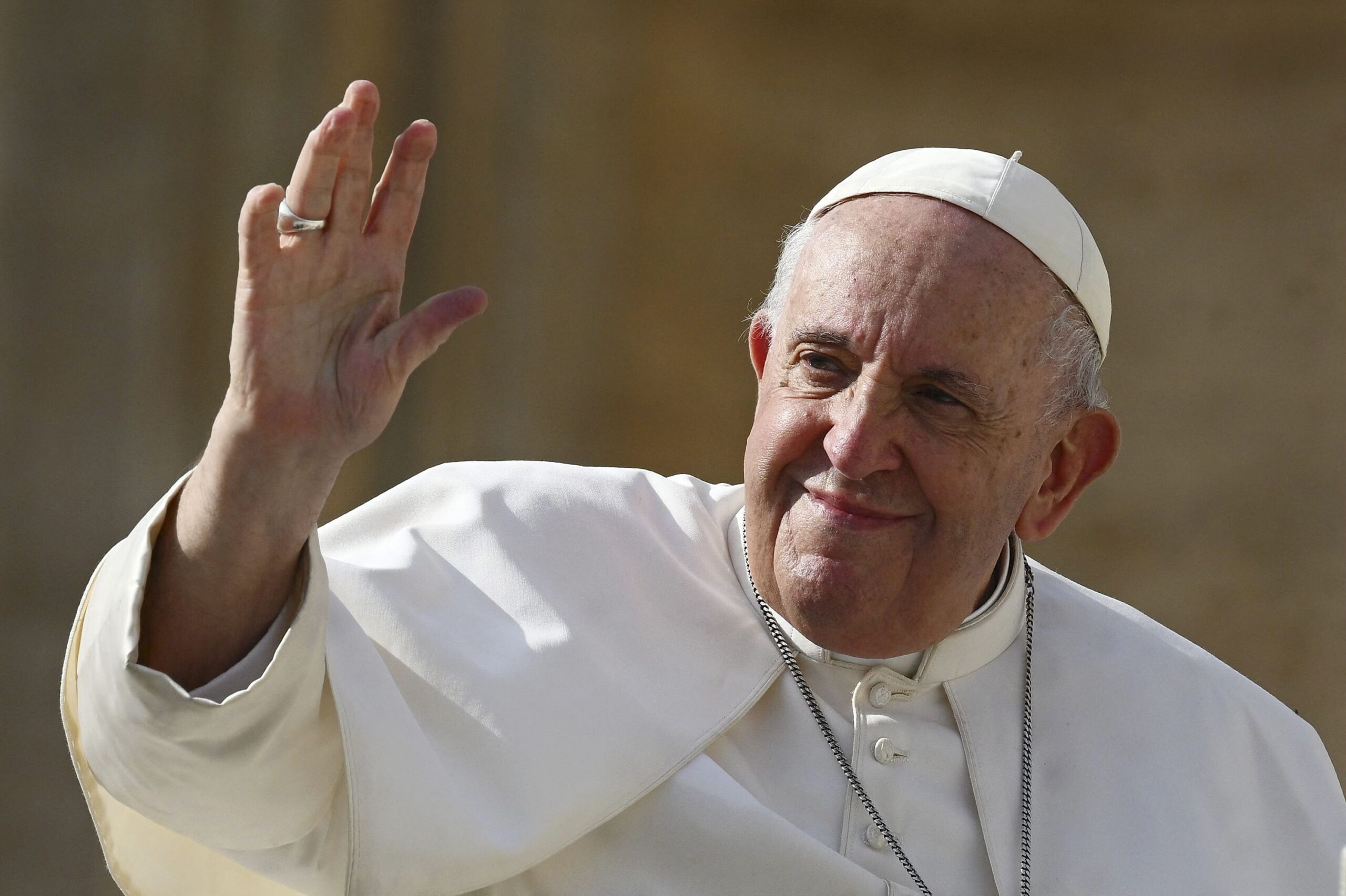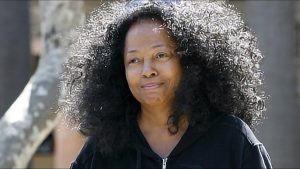
RIP Pope Francis
VATICAN CITY, April 21, 2025 Pope Francis, the first Latin American pontiff and a transformative figure in modern Catholicism, has died at the age of 88. He passed away peacefully at 07:35 a.m. on Easter Monday at his residence, the Casa Santa Marta in Vatican City.
The Vatican confirmed his death early this morning, sparking an outpouring of tributes from leaders and faithful across the globe.
Born Jorge Mario Bergoglio on December 17, 1936, in Buenos Aires, Argentina. Pope Francis was ordained a Jesuit priest in 1969 and rose to become Archbishop of Buenos Aires before being elected pope on March 13, 2013, succeeding Pope Benedict XVI.
His 12-year papacy was marked by humility, reform, and an unwavering commitment to the poor and marginalized.
A Papacy of Firsts and Faith
As the first pope from the Global South, the first Jesuit pope, and the first to take the name “Francis” inspired by St. Francis of Assisi. He brought a refreshing tone of compassion and inclusivity to the Church.
His leadership style was pastoral and personal, shunning Vatican luxury for a simpler lifestyle. He became a symbol of hope for many within and beyond the Catholic Church.
Throughout his papacy, Pope Francis urged the world to care for the environment, confront poverty, welcome migrants, and open hearts to dialogue. His encyclicals, especially Laudato Si’ and Fratelli Tutti, offered bold reflections on ecology, fraternity, and human dignity.
He visited some of the most remote and conflict-ridden parts of the world. Including South Sudan, Iraq, Myanmar, and the Democratic Republic of Congo.
He met with leaders of all faiths, built bridges with the Muslim world, and took unprecedented steps toward interfaith dialogue.
Tributes Pour In
World leaders, humanitarian organizations, and spiritual figures mourned the loss of a global moral compass.
United Nations High Commissioner for Refugees, Filippo Grandi, wrote on X, formerly Twitter:
“You stood up and spoke out relentlessly for the poor, the persecuted, the victims of war, the refugees, the migrants. May you continue to give us faith and courage in this brutal world.”
French President Emmanuel Macron honored him as a man “on the side of the most vulnerable and the most fragile,” while India’s Prime Minister Narendra Modi expressed condolences, praising the Pope’s legacy of humility and compassion.
From the White House to cathedrals in Nairobi and Manila, bells tolled in solemn memory of a pope who redefined leadership through gentleness and courage.
A Voice for the Voiceless
Pope Francis was unafraid to confront uncomfortable truths. He acknowledged the Church’s past failures, met with survivors of clergy abuse, and called for justice and healing.
Also condemned the arms trade, opposed the death penalty, and emphasized that the Church must be a field hospital not a fortress.
He famously said, “Who am I to judge?” when asked about gay Catholics, opening the door to more accepting discourse. Though controversial to some, he consistently placed mercy above judgment, inclusion above doctrine.
Final Days and Legacy
Just a day before his death, Pope Francis made a surprise appearance for the Easter Urbi et Orbi blessing in St. Peter’s Square. Weak but smiling, he blessed thousands of faithful in what many now reflect on as his final farewell to the world.
The Vatican is now expected to begin the official mourning period, culminating in a funeral Mass at St. Peter’s Basilica. Flags across Catholic institutions have been lowered as millions begin to mourn a leader many called “Papa of the People.”
As the conclave prepares to elect a new pope, questions arise who will be the next pope? How will the Church carry forward the reforms Pope Francis championed?
Yet, amid uncertainty, one truth remains: Pope Francis will be remembered as a pope of the people, gentle, wise, courageous, and deeply human.
He has left the world with a legacy of love, humility, and enduring hope.
Rest in peace, Pope Francis.





